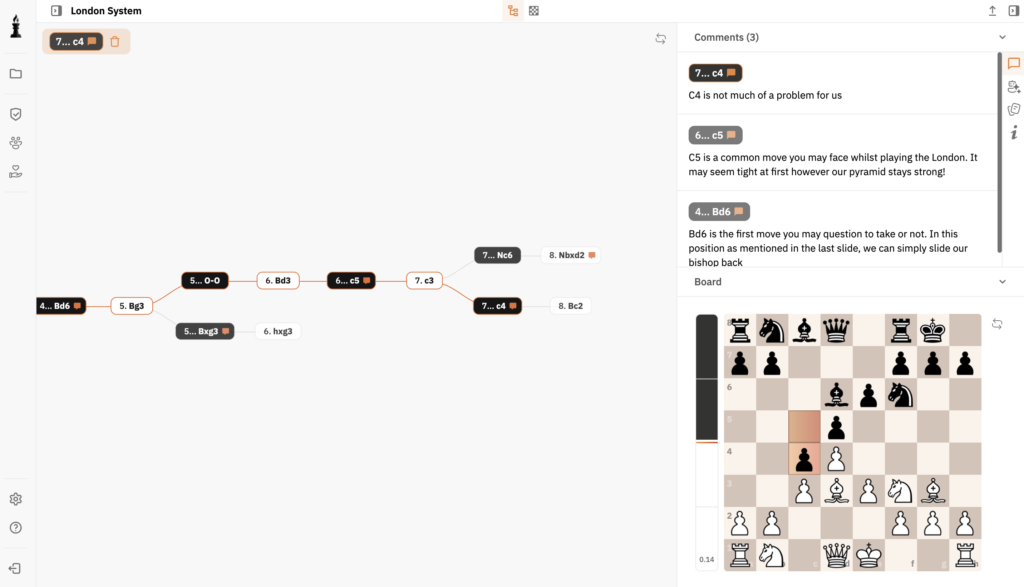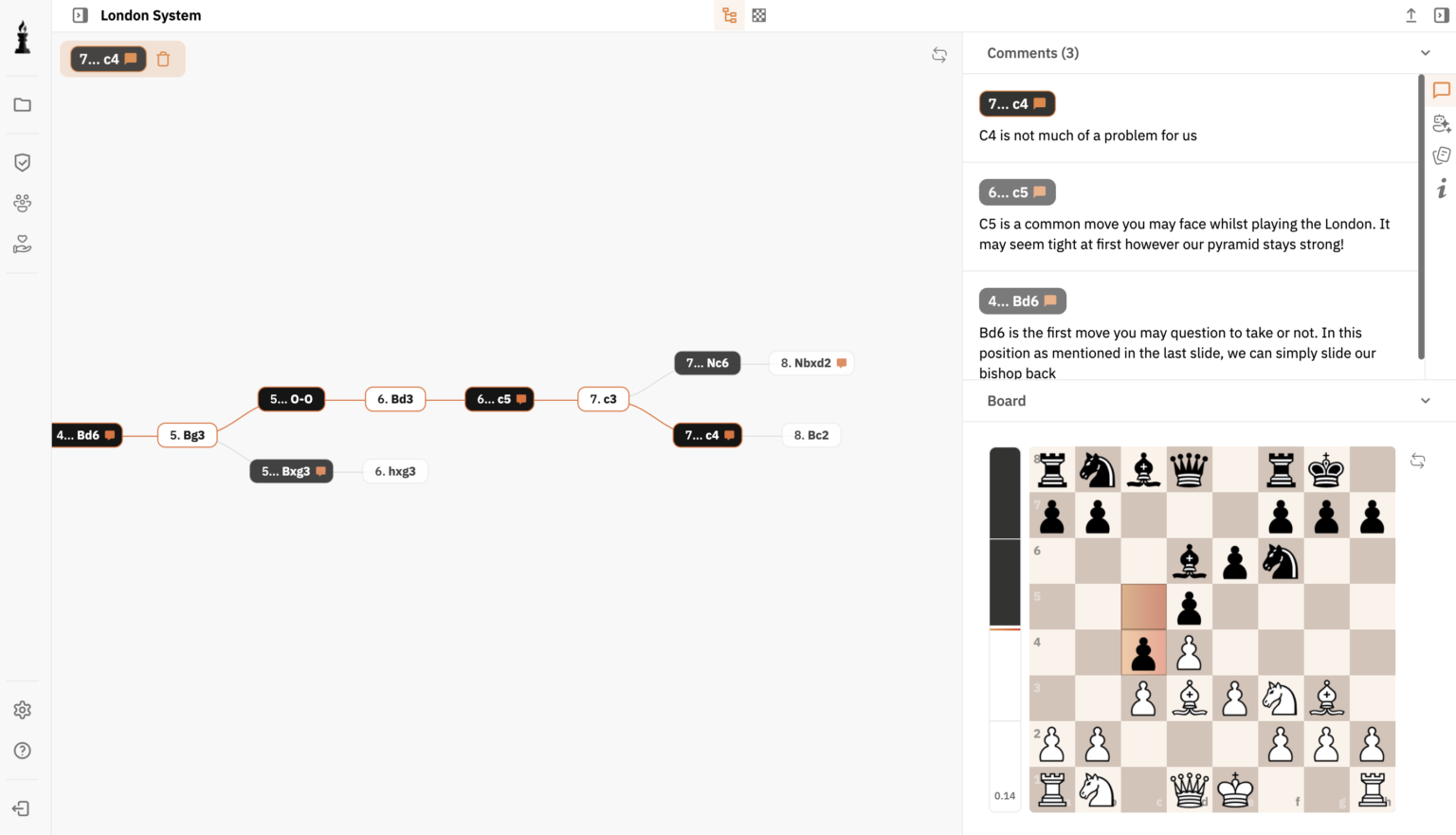The Significance of Time in Chess
Chess, a game revered for its deep strategic elements, is not merely about pieces and positions. One often overlooked aspect is the role of time, both in terms of clock management and tempo, the concept of gaining moves within the game structure. Effective time management separates good chess players from great ones and is integral to achieving titles such as Woman Candidate Master (WCM) or Woman Grandmaster (WGM).
Clock Management and Game Dynamics
While many focus on achieving a tactical victory, managing the clock is just as crucial, influencing your strategy choices and decision-making process. Poor time management often leads to scenarios where pressing decisions must be made under duress, increasing the likelihood of blunders.
Tempo and Positional Play
In chess, tempo refers to the initiative of gaining extra moves while compelling your opponent to respond. Harnessing tempo is fundamental for executing successful skewer attacks, discovered attacks, or improving your pawn structure early in the game.
Adjusting Strategy with Time Pressure
Adapting to various time controls, such as blitz chess or classical formats, requires distinct approaches. Blitz chess, for instance, emphasizes rapid decision-making and psychological readiness over long, pondered strategy akin to the Modern Universal Style.
Decision-Making Under Time Constraints
Time constraints force players to prioritize key positional and tactical themes. Decision-making under such pressure showcases a player’s ability to simplify plans, discern vital moves, and maintain composure.
Tempo in Tactical Opportunities
Recognizing a tempo-winning move can leverage tactical gains. Chess tactics like forks, pins, and discovered checks often hinge on forcing your opponent into unfavorable positions, thereby swinging the tempo in your favor.
Influence of Time on Psychological Elements
Time management impacts psychological aspects substantially, influencing a player’s ability to handle pressure. The mental fortitude required in scenarios like managing the opposition during the endgame highlights the critical nature of time fluency.
Analysis with Chess Engines
Tools like Stockfish provide insights into time management effectiveness by analyzing potential time-saving moves and pinpointing moments when high-impact tempo changes occur. This further underlines the value of mastering tempo for successful play.
Complex endgames demand precision and deft time management. Analyzing positions where a single move alters the flow can decide outcomes. Practicing these is vital, especially when grappling with disturbingly close zugzwang scenarios.
Historical Perspectives on Time Management
Chess history is replete with examples where time mastery dictated outcomes. Louis-Charles Mahé de La Bourdonnais, a pioneer in using time to drive initiative, remains a reference for proactive gameplay.
Conclusion
Proper time management and understanding the tempo’s nuances can redefine a player’s chess career. As one navigates through various pressures, these elements streamline one’s path to mastery.
Tempo plays a pivotal role by dictating the pace and pressure of the game. A player who can control tempo dictates the game flow, forcing opponents into passive positions or leveraging the initiative to force errors and capitalize on tactical opportunities.
Effective time management includes prioritizing critical moves, simplifying positions where possible, and using increment time to steer the game toward an advantageous outcome. Practice and analyzing time-handling during past games are essential steps.
Time pressure tests psychological resilience, prompting stress management and rapid decision-making skills. Players learn to calibrate their responses under limited time to maintain strategic coherence and avoid costly blunders.
Chess engines like Stockfish provide analyses pinpointing where tempo shifts are pivotal in a game. They offer insights into optimizing move selection in terms of time efficiency, helping players refine their temporal game management.





